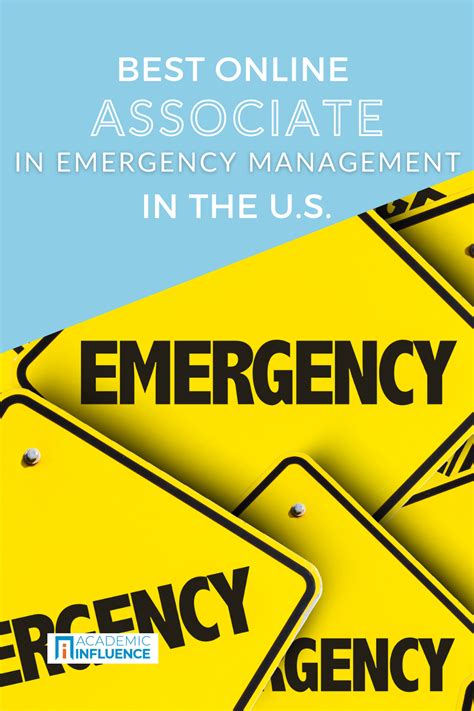- Program Accreditation: Ensure the program is accredited by a recognized accrediting body, such as FEMA’s Emergency Management Institute or the National Association of Emergency Managers (NAEM).
- Faculty Experience: Seek programs with faculty who have real-world experience in emergency management and can provide valuable insights.
- Course Structure: Determine if the program offers synchronous or asynchronous courses, and whether they fit your schedule and learning style.
- Technology Requirements: Ensure you have the necessary technology and internet access to participate effectively in the online program.
- Cost and Financial Aid: Compare program costs and explore potential financial aid options, such as scholarships and tuition assistance.
Admissions Requirements and Application Process
Admissions requirements vary depending on the program, but typically include:
- Bachelor’s Degree: Most programs require a bachelor’s degree in any field.
- Minimum GPA: Programs may set minimum GPA requirements for admission.
- Work Experience: Some programs prefer candidates with relevant work experience in emergency management or related fields.
- Personal Statement or Essay: Applicants may be required to submit a personal statement or essay describing their interest in emergency management and career goals.
- Letters of Recommendation: Letters of recommendation from professionals in the field may be required.
Curriculum and Coursework
Online emergency management degrees typically cover the following core areas:
- Disaster Preparedness and Response: Principles of disaster preparedness, planning, and response.
- Emergency Management Policy and Law: Legal and policy frameworks for emergency management.
- Hazard Mitigation and Risk Assessment: Techniques for identifying, assessing, and mitigating hazards.
- Disaster Recovery and Resilience: Strategies for disaster recovery and building community resilience.
- Crisis Communication and Public Relations: Managing public information during emergencies.
Online Learning Platforms and Technology
Online learning platforms provide the infrastructure for virtual classes and coursework. Programs may use platforms such as:




